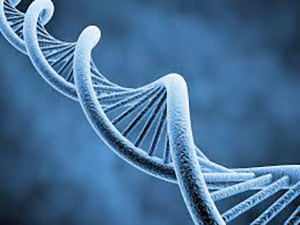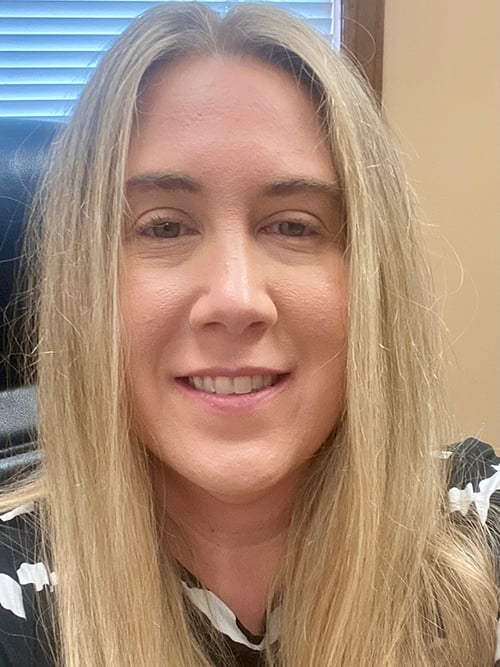
Genetics is a popular topic and one that always raises great interest. What genetic testing can be done and what is not halachically permitted? What are the ramifications of genetic testing and what can we do with the information? And what is medically available?
One question often posed is regarding the technology of gene editing or altering. Is it permissible to change genes to make sure that we only have healthy genes?
Until recently the answer was no. However, in the past couple of years that has all changed with the introduction of a powerful new technology called Clustered Regularly Interspaced Short Palindromic Repeats, or CRISPR. This exciting procedure enables us to edit genes and remove unwanted genetic traits. There has been a flurry of research and many papers have been published on a variety of applications in which genes can be changed for plants, animals and even humans.
In a landmark paper published in the prestigious journal Nature, a team of scientists in Oregon, San Diego and Korea demonstrated how the novel technique of CRISPR can be used to remove disease from a human embryo.
In this study, the scientists took 58 human embryos carrying a defect that would cause serious heart malformation and dysfunction. Using the new gene-editing technique, the researchers were able to remove the affected gene in 42 of the embryos, creating healthy embryos out of sick ones.
This is definitely a significant breakthrough, as this is the first recorded incidence of such a procedure being used to genetically alter human embryos. Despite its ability to remove disease, however, thoughts of this procedure will probably frighten many readers. Many may be concerned about the new possibility of creating “super-humans,” eerily reminiscent of Frankenstein’s man-made monster. It should be stressed that none of the embryos were implanted, and so, no children will be born as a result of this treatment, but it is seen as very promising for the future. CRISPR has been used and continues to be used to change and alter affected genes, instead of simply disposing of such embryos. Today, when we want to remove an unwanted genetic trait, we can check the embryos and discard those that are unwanted. CRISPR is the next frontier and allows us to correct these unwanted traits.
This has been heralded as an auspicious piece of research that heralds great hope for treating diseases in the future.
This is exciting, but it is also very troubling as we don’t yet really know the ramifications of gene editing. How will we adversely affect embryos and life in an attempt to create something that seems to us to be healthier? How much damage will we cause by attempting to correct unwanted genetic traits? Only time will tell.
There have been some famous cases in the past of serious damage being done while attempting to improve reproductive health. In the late 1950s, the infamous drug Thalidomide was given to women to ease morning sickness and resulted in thousands of children being born with phocomelia, or malformation of the limbs. More than half of these children did not survive. This is a sobering reminder of the necessity to take great caution when administering new drugs and treatments before we know the long-term effects.
But besides for the possibility of long-term damage, a no-less disturbing scenario is the potential for man to choose which traits are desirable and which should be removed. Who can say that being short, left-handed or bald is detrimental? But all of these traits may seem to some to be undesirable. What about certain diseases such as Bloom’s syndrome, which causes cancer but somehow protects against prostate cancer? The diversity in God’s world is part of the beauty, and by removing the “bad” we limit that which we call good.
And what if this technology gets into the hands of those who want to create a super race of humans, animals or plants? What mechanism exists to ensure that such technology is only used for good and beneficial purposes?
While Judaism never shied away from using new medical advances for the good of mankind, it requires rabbis and halachic experts to join together with medical professionals in discovering the availability of treatment and then developing a system that utilizes it without abusing it. Limits should be placed on what and how such new technology can be used and ensure that it is available only for those who need it to produce and maintain healthy lives. PUAH is a major part of this initiative and has participated in many such multi-disciplinary discussions in order to help couples have healthy families.
This upcoming Sunday, October 29, 10 to 2 p.m., PUAH presents a symposium on genetics in the Young Israel of Lawrence Cedarhurst.
There will be breakout sessions with presentations by Rabbi Dr. Edward Reichman, Dr. David Pelcovitz, Estie Rose, Dr. Susan R. Atlas, Rabbi Gideon Weitzman and Dr. David L. Kulak to discuss these vitals topics that affect our community.
The symposium is free of charge with lunch included. Register online at puahonline.org or call us at 718. 336. 0603 or email [email protected].
By Rabbi Gideon Weitzman
Rabbi Gideon Weitzman is the senior adviser at PUAH.












